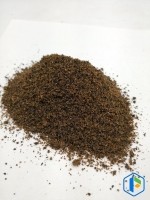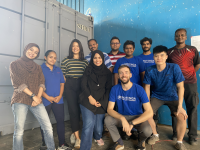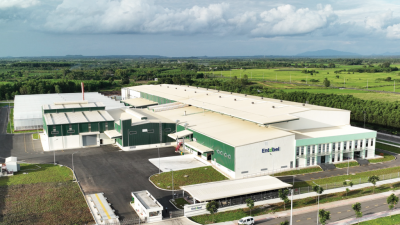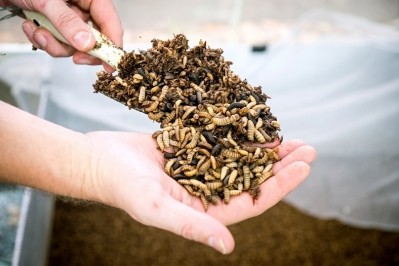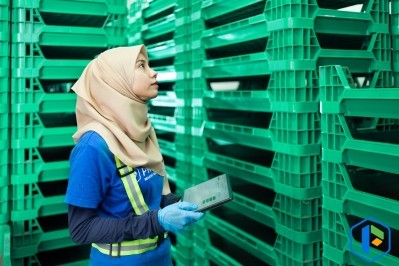Protenga raises US$1.6m in funds, looks to roll-out integrated insect farming model
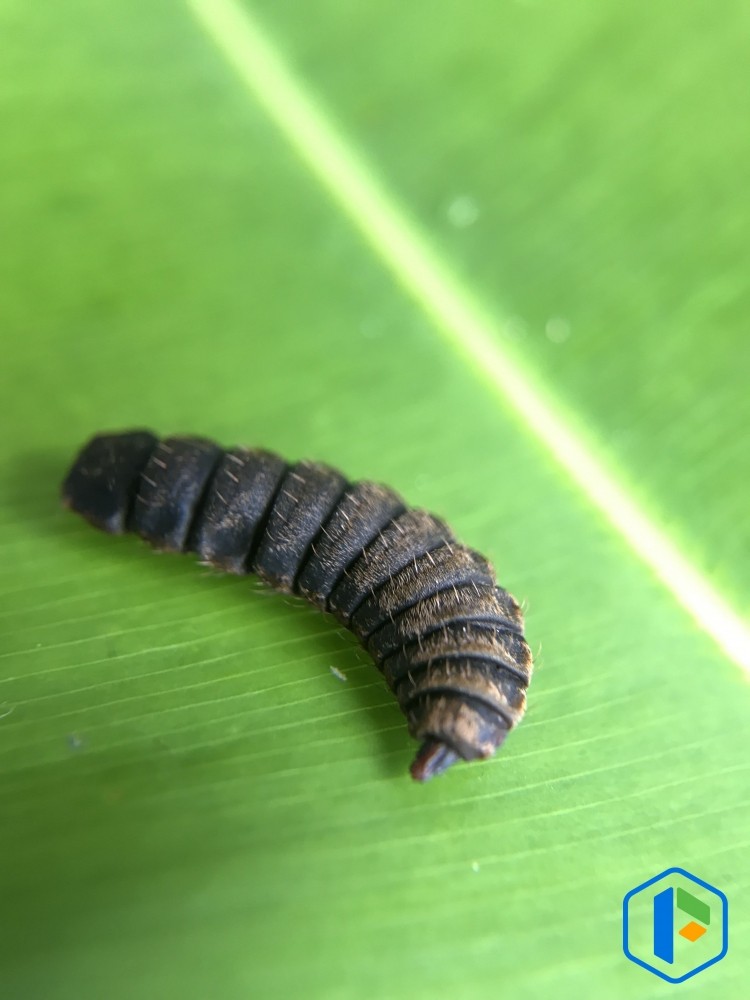
UK agritech company, Roslin Technologies, was the lead investor, with participation also from the investment arm of Enterprise Singapore, SEEDS Capital.
Malaysian company, the KJS Group, which is an engineering partner in the startup’s farming system, and an angel investor who has been supporting the insect feed innovator from very early on were also involved in the funding exercise
“This is the first institutional round that we have raised. It has given us a vote of confidence. Roslin, our lead investor, is very strong in animal sciences, with excellent researchers on its team. They have a good understanding of our approach to the insect feed space and really believe in it,” Protenga founder and CEO, Leo Wein, told FeedNavigator.
The move represents Roslin’s first ever investment in insect technology; it is also working with Protenga to identify new, high-efficiency genetic strains of Black Soldier Fly (BSF) - work that will be carried out at Roslin’s soon-to-be-completed bespoke genetic nucleus facility in Edinburgh, Scotland.
Background
Originating from a garage project in Germany, and headquartered in Singapore since 2016, Protenga now runs its operations out of Malaysia.
In terms of its prior capital raising, Wein said the startup ran its development phase on bootstrap funding and grants, thus managing to get to the position it is in today in an extremely “capital efficient” manner.
The biggest part of its first year of development was the building of a small team in Singapore and collaborating with insect experts at the National University of Singapore on the biology, said the founder. That period also saw the Protenga team set up an R&D farm across the border in Johor, in Malaysia, build its initial customer base, develop its technology along with prototypes for its software components.
Integrated farming model
The company is rethinking insect farming through a technology-driven circular ecosystem approach; it is looking to roll-out a contract farming model.
“We are drawing inspiration from the integrated poultry farming or shrimp farming model.”
Its decentralized ‘Smart Insect Farm’, which is designed for intake of 20-60 tons of feedstocks daily, is intended to overcome the cost and sustainability pitfalls of centralized mega insect factories, said the CEO.
Protenga then is aiming to become an integrator, and has developed a turn-key farming system, the equivalent to a broiler grow-out farm, a broiler house, but for insects.
“Our goal is not bigger is better, our scale up model is not about building a monolithic, large-scale factory, like a lot of the other companies in this field are doing.
“The bigger part of the insect industry is looking to answer the question of how to get scale and bring down costs by building bigger factories, having more production and lower costs through economies of scale. There is some truth to that hypothesis but it omits that there are also significant diseconomies of scale in insects in particular.
“In the animal farming industry, the monolithic, centralized mega farm approach doesn’t have much precedence. If you look at poultry farming, for example. which is arguably the most successful livestock farming industry of all, there are very large slaughterhouses and processing plants but they are supplied by dozens of smaller farms - the chicken grow-out does not happen in mega farms that churn out two million of birds per day – those 10-15 small grow-out farms that supply the slaughterhouses and processors are supplied by one or two multiplication units, by breeders that supply the day-old chicks.
“And, basically, most insect companies are trying to integrate all that into a single facility, and then scale that it up.
“Our approach is to follow the value chain model that is very successful in other animal farming industries but adapt it for insect production. And we believe that by doing that for insect production we will solve the issue of diseconomies of scale that other insect companies are struggling with.”
Proof of concept
Its Smart Insect Farm system will be modular, it is designed to be deployed quickly, and operates with minimal labor. Mechanized and fully automated versions will eventually be available, all supported by software, breeding and processing services, said the CEO.
Biomass producers using this system can convert their waste to high value insect feed products for use in pet food, livestock and aquafeed applications, he said.
“However, before we can actually sell our farming systems, we need to build one and operate it at our site first.
“With the funds received, we are building that prototype as a showcase and we will then embark on marketing these farms to both partners and biomass owners as an investment opportunity, one that will allow them to get more value out of the biomass that they have,” stressed Wein.
The prototype facility will be commissioned in September this year.
The startup is also now actively growing its technology, engineering, science, business and operational teams.
